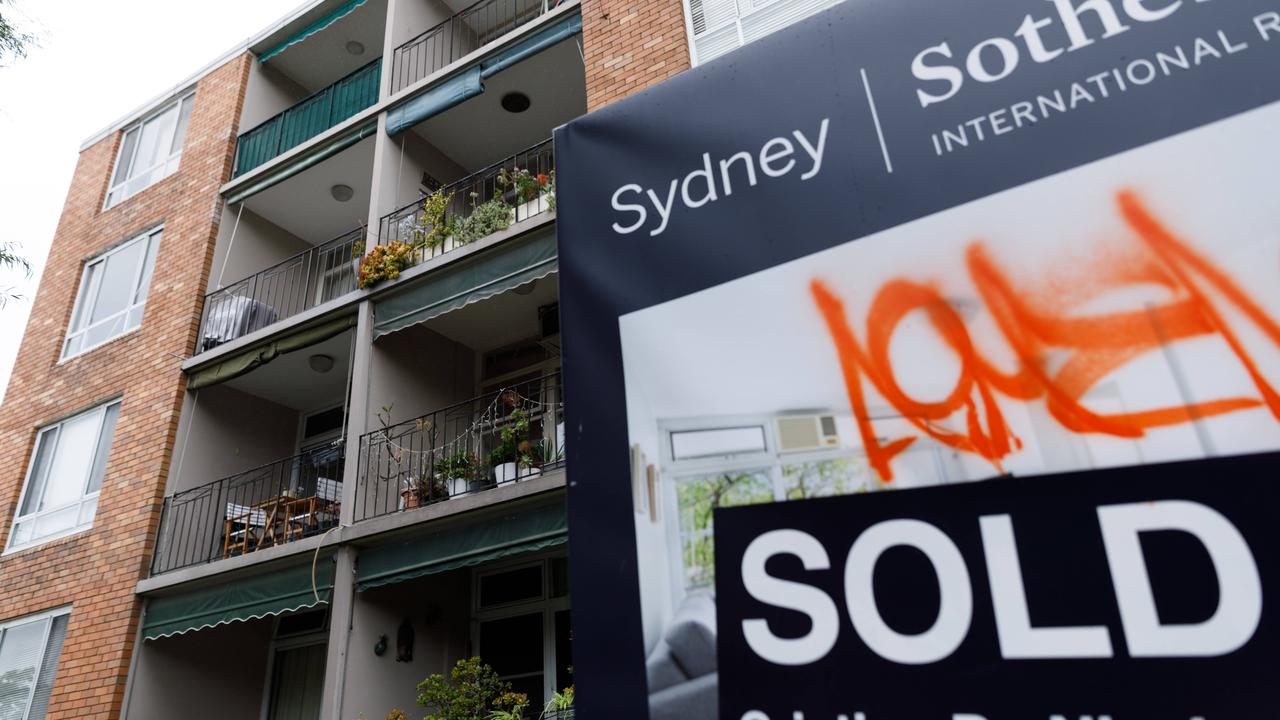Short stay industry slams Victorian holiday rental tax
The Victorian Premier this morning did something no other state leader has by dropping a bombshell policy that has been labelled “half-baked”.
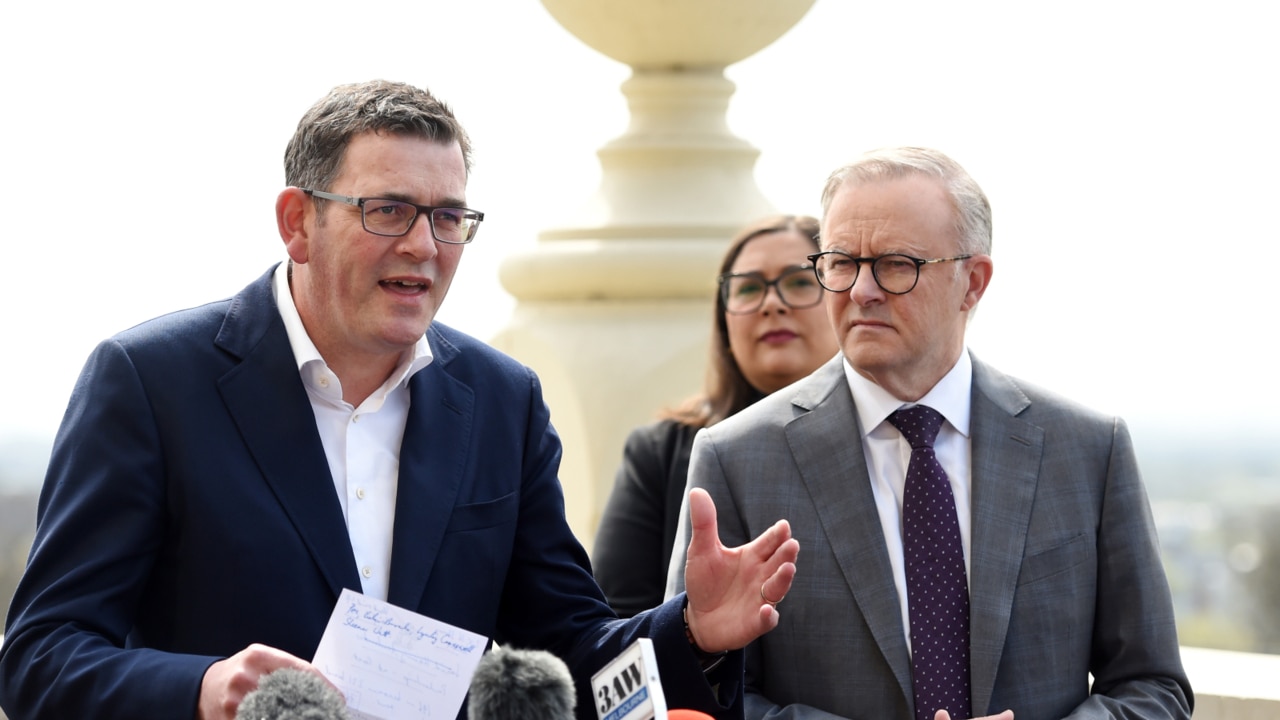
Money
Don't miss out on the headlines from Money. Followed categories will be added to My News.
The Victorian government’s plan to tax short-term rentals has been confirmed by Premier Daniel Andrews.
On Wednesday morning, Victoria went out on its own by becoming the first Australian state to tax short term renters — they will be slugged with a 7.5 per cent levy that has been slammed by short stay rental groups.
Mr Andrews announced the much-foreshadowed short stay accommodation levy this morning as a part of its housing statement.
Under the plan the levy “will be set at 7.5 per cent of the shortstay accommodation platforms’ revenue,” the government announcement said.
It will begin on January 1, 2025.

But Eacham Curry, senior director of government and corporate affairs at rental platform Stayz told news.com.au the proposal is “half-baked” and “policy on the run”.
He said the levy, which was anticipated to be targeted at property owners rather than the platforms themselves, lacked detail and it was unclear whether it would extend to short-stay rentals that didn’t list on major platforms like Airbnb or Stayz.
“Will it apply to owners who don’t use platforms?” he said, of owners that may advertise their property through a website or on social media rather than through a booking platform.
“Will it apply to property managers in small country towns who may have ten or so holiday rentals that they don’t list on platforms?”
Mr Curry also questioned how the government would police the measure or collect the levy.
Do you own a property rented on Airbnb or Stayz? | Share your thoughts via email with Michelle.Bowes@news.com.au
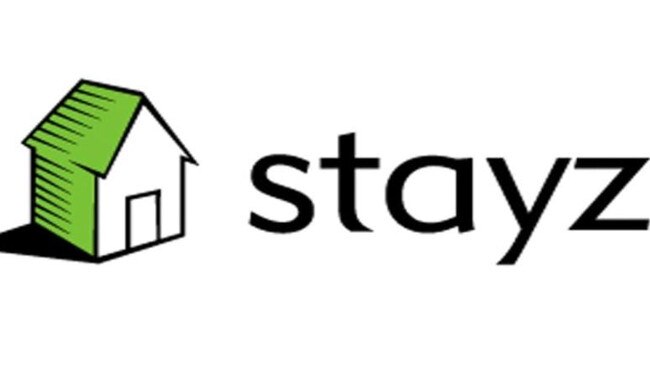
He slammed the Victorian government for its failure to consult with the short stay industry about the proposal.
“I haven’t been able to speak to a Victorian government minister since 2018.”
He said that while Stayz had experienced “radio silence” from the government about the proposal, had it been consulted, it would have supported a more broadly applied levy set at a lower rate.
Mr Curry cited NZ tourist hotspot Queenstown, which introduced a five per cent short stay levy on all accommodation providers, including hotels, as a more workable example.
He added that by excluding hotels, which the Victorian proposal does, the new tax will only collect a “minuscule amount” that “won’t fix the problem” of a lack of longer term rental accommodation in the state.
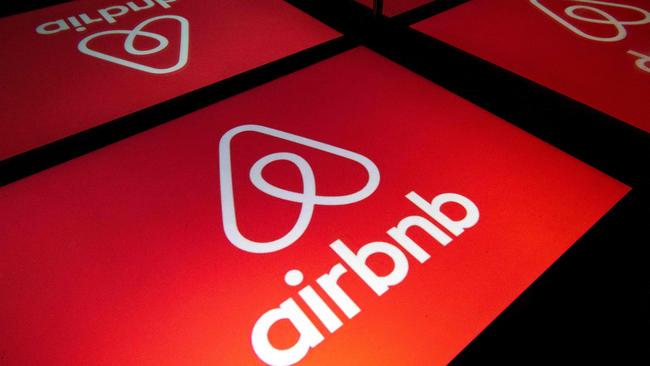
Michael Crosby, head of public policy for Airbnb Australia and New Zealand also criticised the move.
Mr Crosby told news.com.au: “Airbnb welcomes policies that help boost housing construction across the country, however, a 7.5 per cent levy that applies only to short-term rental accommodation is too high and gives hotels a free kick, creating an uneven playing field.”
“A rate this high could have a negative impact on the appeal of Victoria as a tourism destination, also penalising everyday Victorians seeking a local holiday when many are already grappling with the cost of living.”
“We believe a levy somewhere between 3-5 per cent which is in line with international policies, is appropriate.”
He added that a report by Oxford Economics found Airbnb contributed $3.7 billion to Victoria’s gross domestic product last year and supported 26,000 jobs.
“While short-term rentals aren’t the root cause of the housing crisis, we believe we can help make a positive difference through the advocacy of policies that promote the creation of new housing,” Mr Crosby said.
A recent internal Airbnb survey found that 84 per cent of Victorian hosts had just one property on the platform and 40 per cent of those surveyed use their hosting income to help them stay in their own homes.
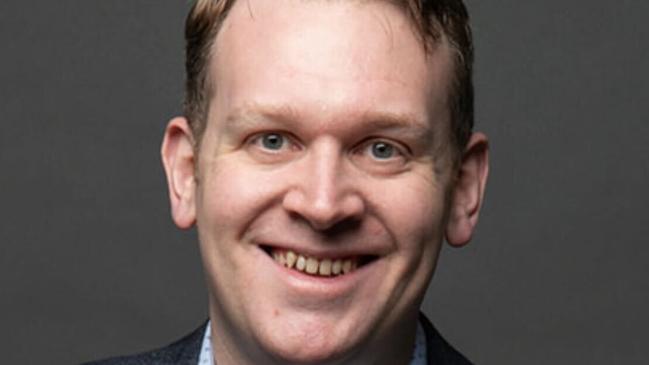
The government said “the revenue raised from the levy will go to Homes Victoria, supporting their work building and maintaining social and affordable housing across the state, with 25 per cent of funds to be invested in regional Victoria. This also means other local council charges on short stay accommodation will be removed.”
An annual registration charge on short-term accommodation in the range of $150 to $400 has been introduced by a number of Victorian council including the Bass Coast Shire, Frankston City Council, Mornington Peninsula Shire and Warrnambool Shire, with the City of Yarra, City of Port Phillip and Merri-bek City Council considering regulation of the market.
The government said that there are more than 36,000 short stay accommodation rentals in the state, with almost half in regional Victoria.
It added that of the total figure 29,000 are entire homes.
“These are places that cannot be used for longer-term accommodation or rented out on fixed term agreements – so it makes sense that they should provide some benefit toward the places that can.”
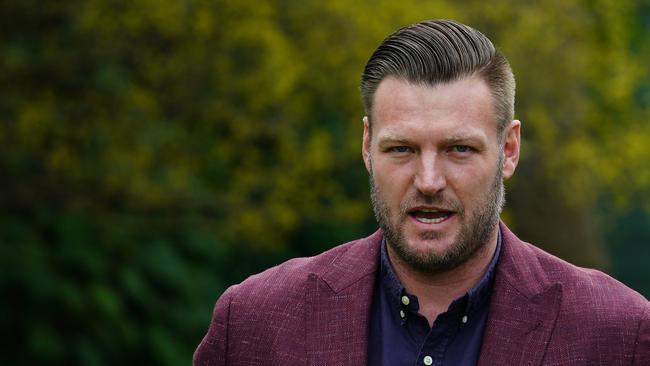
Opposition tourism spokesperson Sam Groth labelled the levy a “holiday and tourism tax” while the Greens have also come out against the government’s housing policy
Leader of the Victorian Greens, Samantha Ratnam MLC said: “To fix the housing crisis we need bold, immediate reforms on housing and renting, not more of the same, but bigger.”
“But the only people celebrating today will be property developers, landlords and Airbnb.
“The Premier has just abandoned thousands of renters who need a rent freeze because of unprecedented rent increases.
Originally published as Short stay industry slams Victorian holiday rental tax




